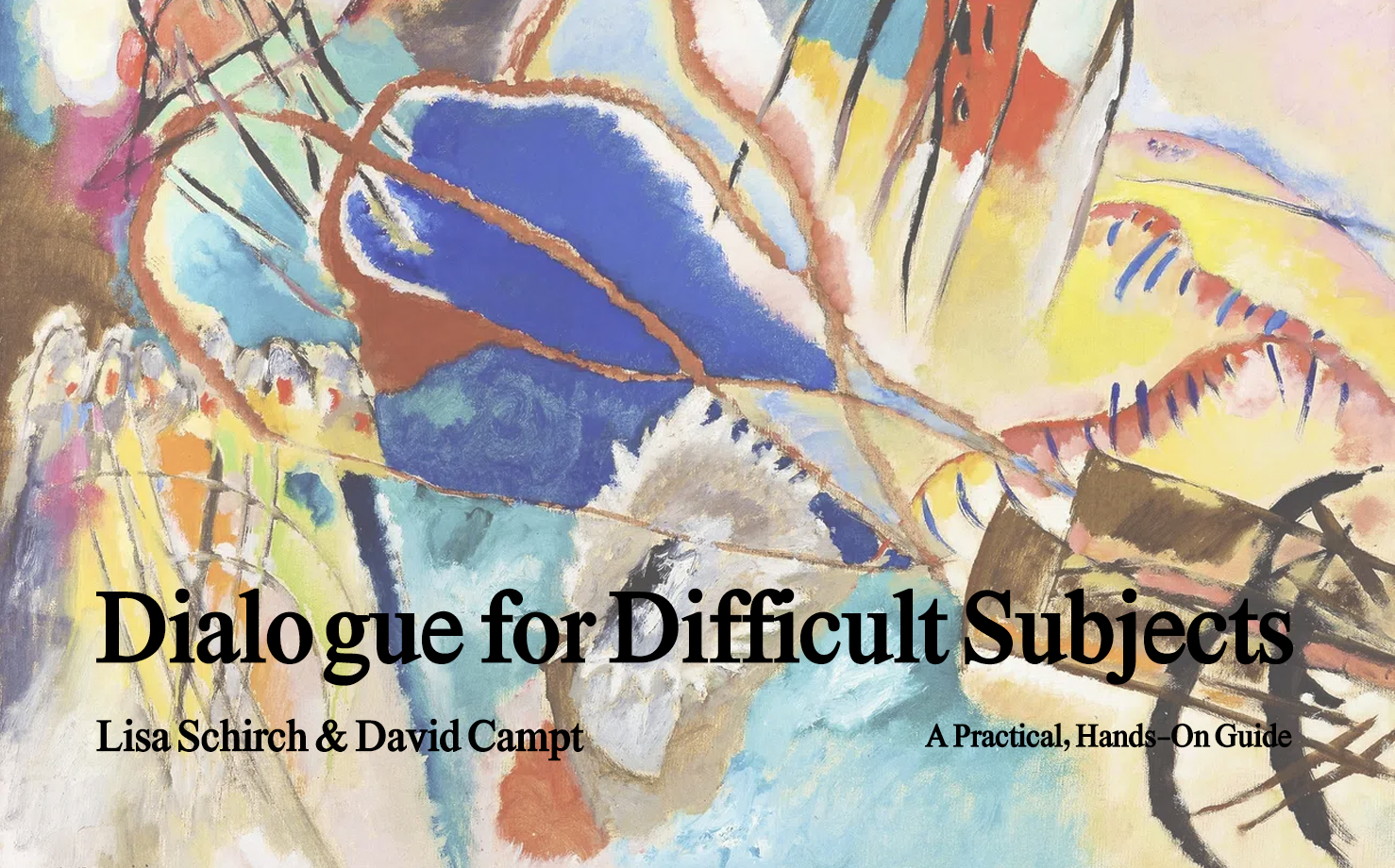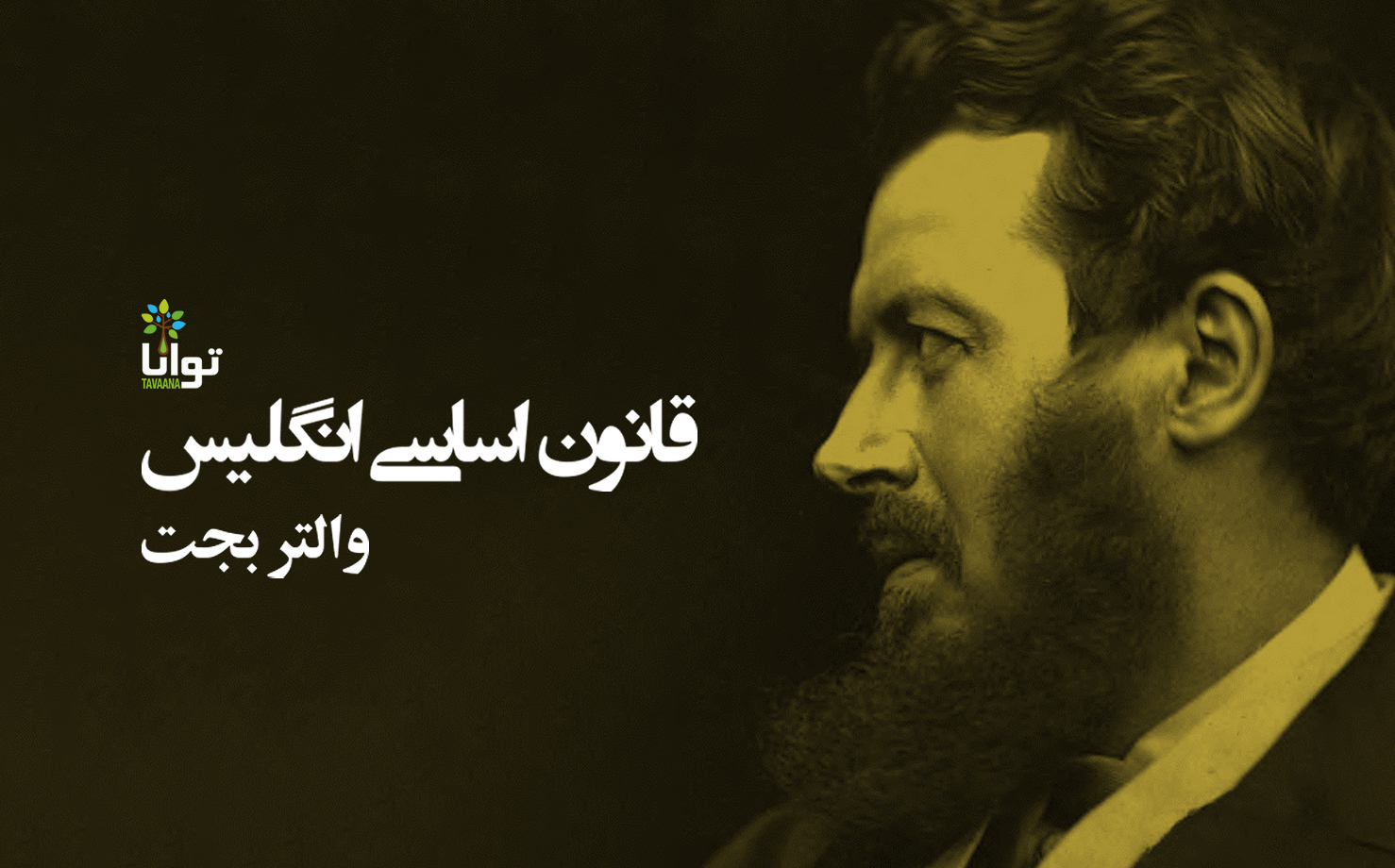The contemporary political philosopher Isaiah Berlin’s (1909— ) 1958 lecture at Oxford University was modestly titled Two Concepts of Liberty. It recast the notion of liberty in the Western democratic tradition into two strands: “positive” and “negative” liberty. Positive liberty was described by Berlin as freedom to accomplish certain human goals; negative liberty, in contrast, was freedom from restraints of a political or social nature that infringe on an individual’s autonomy. Both concepts of liberty are, according to Berlin, involved in the notion of democratic life, but the experience of the twentieth century suggests the dangers of positive liberty, of the state’s forcing individuals to new levels of “freedom.” The essential flaw in this, Berlin argues in this memorable passage, is that it depends upon a certainty of knowledge about the secret of human happiness, the very source of freedom, which is in fact inaccessible to us. Skepticism, he suggests, is at the root of all genuine liberty. Only recognizing the imperfection of personal knowledge allows the ability to grant others liberty to make mistakes. This lecture remains one of the quintessential restatements of the democratic idea in the face of competing totalitarianisms.
Source: The Democracy Reader
Tavaana Publications Click here to read Tavaana’s exclusive translation of “Two Concepts of Liberty” by Isaiah Berlin.










